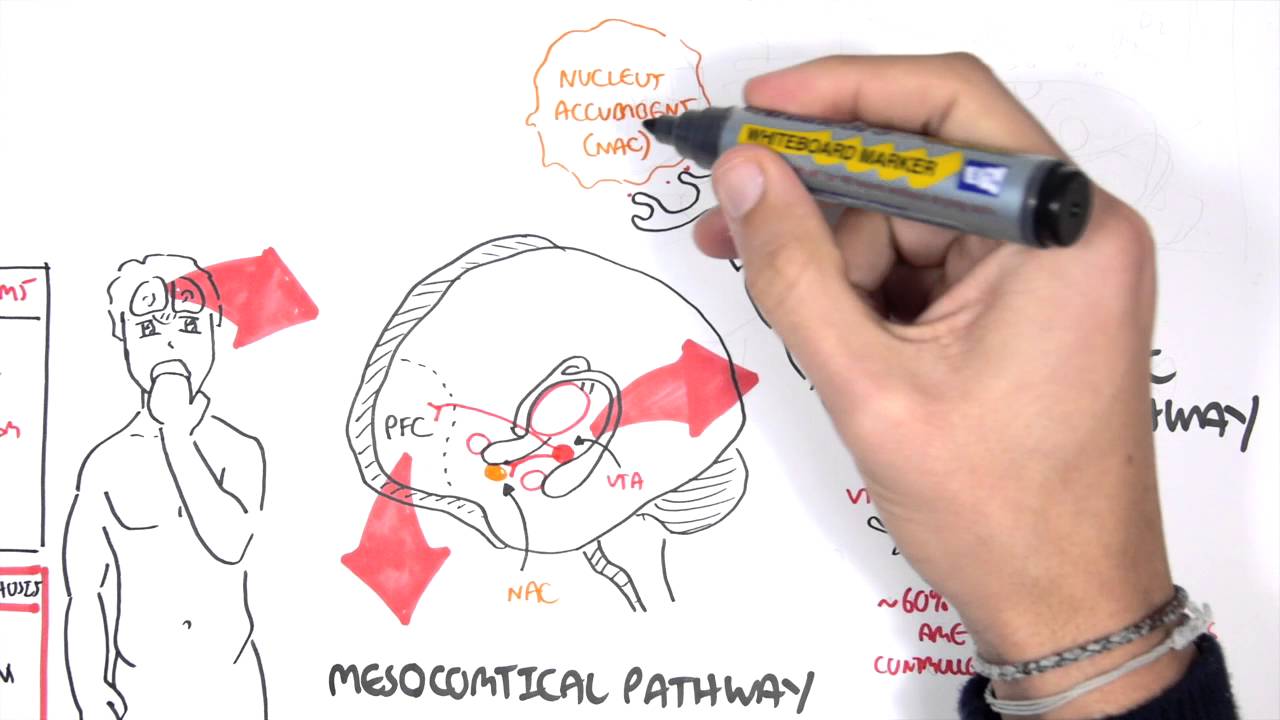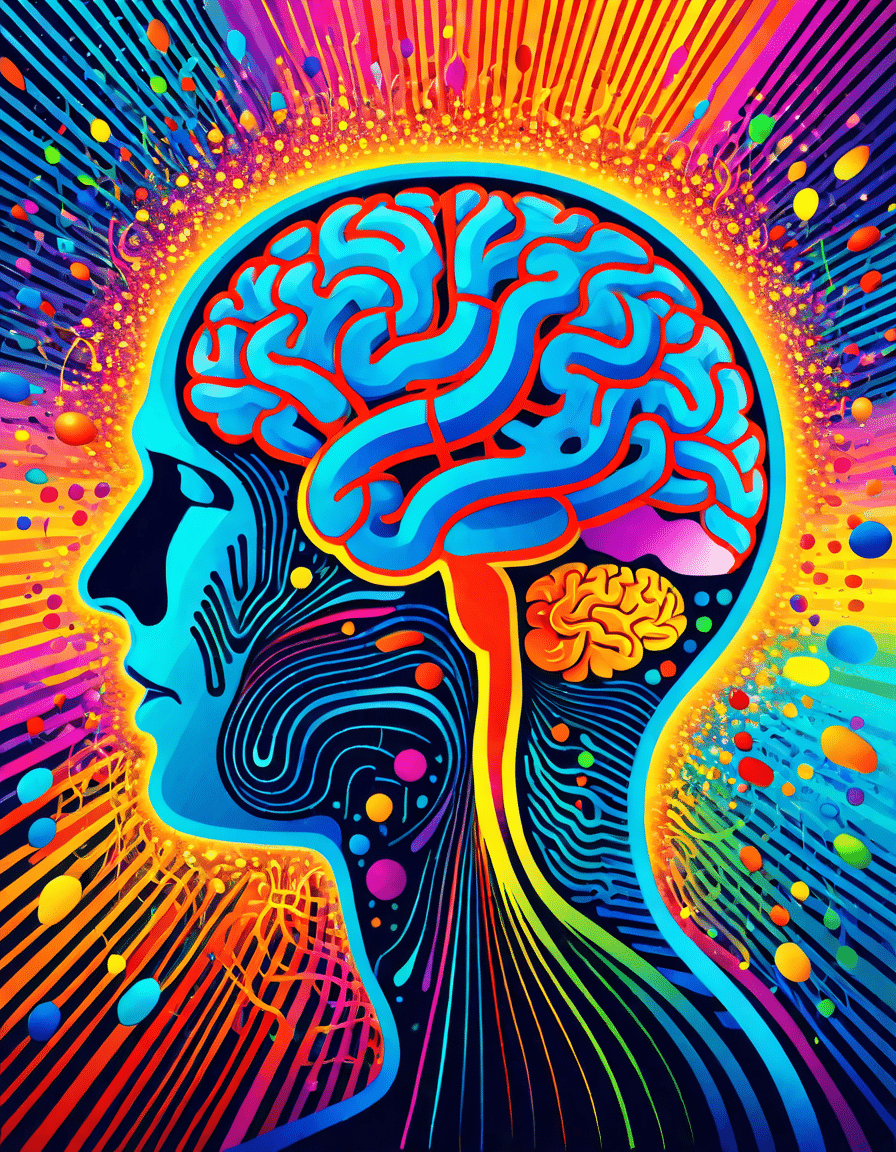Understanding the psychotic meaning is essential in today’s conversation about mental health. Far too often, this term is met with misunderstanding and fear. Many people jump to conclusions, linking psychosis with violence or instability. However, it’s crucial to look deeper and recognize the myriad ways psychotic episodes manifest in the lives of individuals. At Mothers Against Addiction, we focus on supporting parents whose children struggle with addiction or those who’ve lost a child to it; many also face the challenges that come with mental health issues. Let’s explore this complex topic and shine a light on its implications.

Top 7 Insights into Psychotic Meaning in Mental Health

1. Understanding Psychotic Meaning in Everyday Terms
So, what does psychotic meaning really entail? At its core, psychosis refers to a break from reality. People might hear voices, see things that aren’t there, or experience delusions—beliefs that others might simply dismiss. It’s important to remember that psychosis doesn’t always equate to dangerousness. Many individuals experience these episodes in connection with mental health conditions like schizophrenia or major depressive disorder. By familiarizing ourselves with the symptoms and triggers, parents can better understand what their children might be experiencing.

2. Cultural Interpretations of Psychotic Meaning
Culturally, psychotic meaning isn’t a one-size-fits-all concept. In various Indigenous cultures, psychosis could be interpreted as a spiritual experience or an opportunity for growth. Families from these backgrounds may approach such episodes with acceptance rather than stigma. This perspective encourages an open dialogue, moving away from fear and embracing the complexities of mental health. When parents learn about alternative interpretations, they can foster greater empathy and understanding for their children.
3. Psychotic Meaning in Historical Context
Historically, many renowned figures grappled with psychotic episodes. Consider Vincent van Gogh, whose struggles are well-documented; his mental health struggles influenced his breathtaking art. Similarly, Virginia Woolf dealt with severe mental health crises, channeling her experiences into her writing. Their legacies illustrate how psychosis can intersect with creativity, impacting not just the individual but also society’s perception of mental health issues.
4. Neurological Perspectives on Psychotic Meaning
Today’s research into the psychotic meaning reveals fascinating insights into the brain. Studies using functional MRI have highlighted increased activity in regions of the brain responsible for reality processing during psychotic episodes. This scientific understanding helps destigmatize psychosis, framing it as a complex interaction within the brain rather than an inherent flaw in the individual. As parents, being aware of these findings can help foster a more compassionate understanding for their loved ones facing these struggles.
5. Psychotic Meaning in Media Representation
Media portrayals of psychosis can be a double-edged sword. Films like “A Beautiful Mind” and series such as “Homeland” expose audiences to the realities of mental health, but they also run the risk of perpetuating stereotypes. Different narratives can both inform and distort public perceptions. As we analyze these representations, we can better advocate for more accurate and compassionate portrayals, making space for understanding rather than stigma.
6. Personal Stories: Real-Life Impacts of Psychotic Episodes
Stories from public figures can reduce stigma surrounding the psychotic meaning. Take musician Billie Eilish, who has openly discussed her mental health challenges. By sharing her personal journey and insights, she helps normalize conversations about psychosis. Parents should know that sharing and listening to stories can bridge the gap between experience and understanding, forging connections that foster healing and support.
7. The Path to Recovery: Understanding Psychotic Meaning and Treatment
Recovery from psychosis is possible through effective treatment methods. Medications like antipsychotics and therapeutic approaches, such as Cognitive Behavioral Therapy (CBT), offer paths toward healing. Support networks—whether family, friends, or dedicated organizations like ours at Mothers Against Addiction—play a pivotal role in this journey. When parents actively engage in their child’s treatment, they enhance the likelihood of a successful recovery while building a foundation of love and understanding.

Reframing Psychotic Meaning: Moving Beyond Stereotypes
The term “psychotic” carries significant weight in both clinical and societal contexts. It’s important to unpack the layers of psychotic meaning, which may reflect profound suffering as well as uniquely human experiences. Reframing our conversation around psychosis emphasizes compassion and understanding. Making mental health resources accessible and advocating for support can pave the way for a society that embraces individuals living with these challenges, rather than stigmatizing them.
As we continue to learn and share insights about psychotic meaning, we foster an environment of empathy rather than fear. By acknowledging the rich tapestry of experiences that define psychosis, we contribute to a community where individuals battling mental health struggles receive the respect and understanding they deserve. When we equip ourselves with knowledge, we stand beside those in need, advocating for a future where mental wellness is celebrated and treated with the compassion it deserves. By following the journeys of those like Eilish and embracing culturally aware practices, we craft a brighter future for all.
In the spirit of resilience, let’s keep pushing forward. After all, the journey to understanding is just as crucial as the destination. Together, we can create safe spaces for meaningful discussions and provide steadfast support for families navigating the challenges of addiction and mental health.

Understanding Psychotic Meaning: Fun Trivia and Insights
Unpacking Psychotic Meaning
The term “psychotic” often comes loaded with misconceptions and stigma, but understanding its meaning can reveal much more. It’s associated with a break from reality, often marked by hallucinations, delusions, or disorganized thinking. Did you know that the first documented case of psychosis traces back to ancient civilizations? Scholars have churned through baby Books and historical texts, trying to understand how societies viewed mental health throughout time. This rich history shows us that our understanding of psychosis has evolved, and it’s essential to take a compassionate view rather than labeling it as another word For terrible. Recognizing the gravity of such a condition can help break down barriers and stigma.
Exploring Language’s Role
Language plays a significant part in how we perceive psychotic conditions. In the field of psychology, certain terms are often used interchangeably, which can create confusion—like the difference in meaning between fatigue meaning and the labels we might assign to someone experiencing psychosis. Understanding the right terms can clear up misconceptions and promote healthier discussions around mental health. For instance, in a recent synonym situation, experts advocated for more accurate language to capture the nuances of mental health issues, like psychosis. This can lead to a better understanding of the conditions and, ultimately, aid in treatment.
Fun Facts and Insights
Now, let’s sprinkle in some fun tidbits! Did you know that free streaming platforms sometimes tackle serious topics like mental health in documentaries? These resources can be invaluable in enlightening viewers about psychotic meaning and its implications. And here’s a thought: the finance world even has its terms, like What Is a par, demonstrating how jargon can pop up in various fields. It’s fascinating to see how terms cross boundaries! Moreover, seeking out advance synonyms in psychological literature can lead to finding more specific terms that encapsulate different facets of mental health.
In closing, understanding psychotic meaning doesn’t have to dwell in the shadows of stigma. Instead, we can illuminate it with knowledge and empathy, helping those who struggle. Each fact about this term nudges us a step closer to fostering a culture that embraces understanding, not fear. So let’s keep exploring and challenging our perceptions together!





























